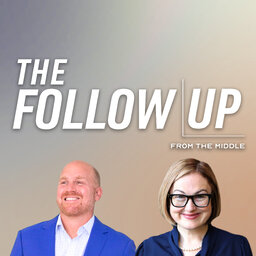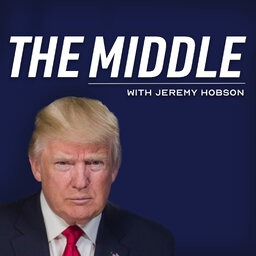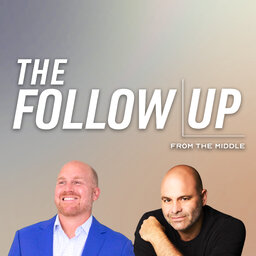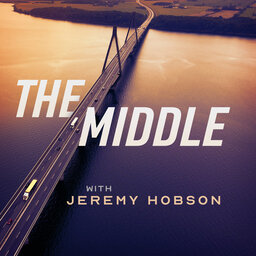What did the election teach you about America?
On this episode of The Middle we're asking you: what did the election teach you about America, and what did you learn from how the nation voted? We're joined by USA Today Chief Political Correspondent Phillip Bailey and former Ohio Congressman Tim Ryan. The Middle's house DJ Tolliver joins as well, plus callers from around the country. #2024 #election #Trump #Harris
In 1 playlist(s)
The Middle with Jeremy Hobson
The Middle with Jeremy Hobson is a national call-in talk show focused on bringing the voices of Amer…Social links
Follow podcast
Recent clips

The Follow Up: Fear in Trump's First Year, Michigan and the Midterms
22:56

One year of Trump: How are His Policies Affecting You?
49:39

The Follow Up: Minneapolis, Maduro’s Capture, and the First Days of Mamdani
26:52
 The Middle with Jeremy Hobson
The Middle with Jeremy Hobson